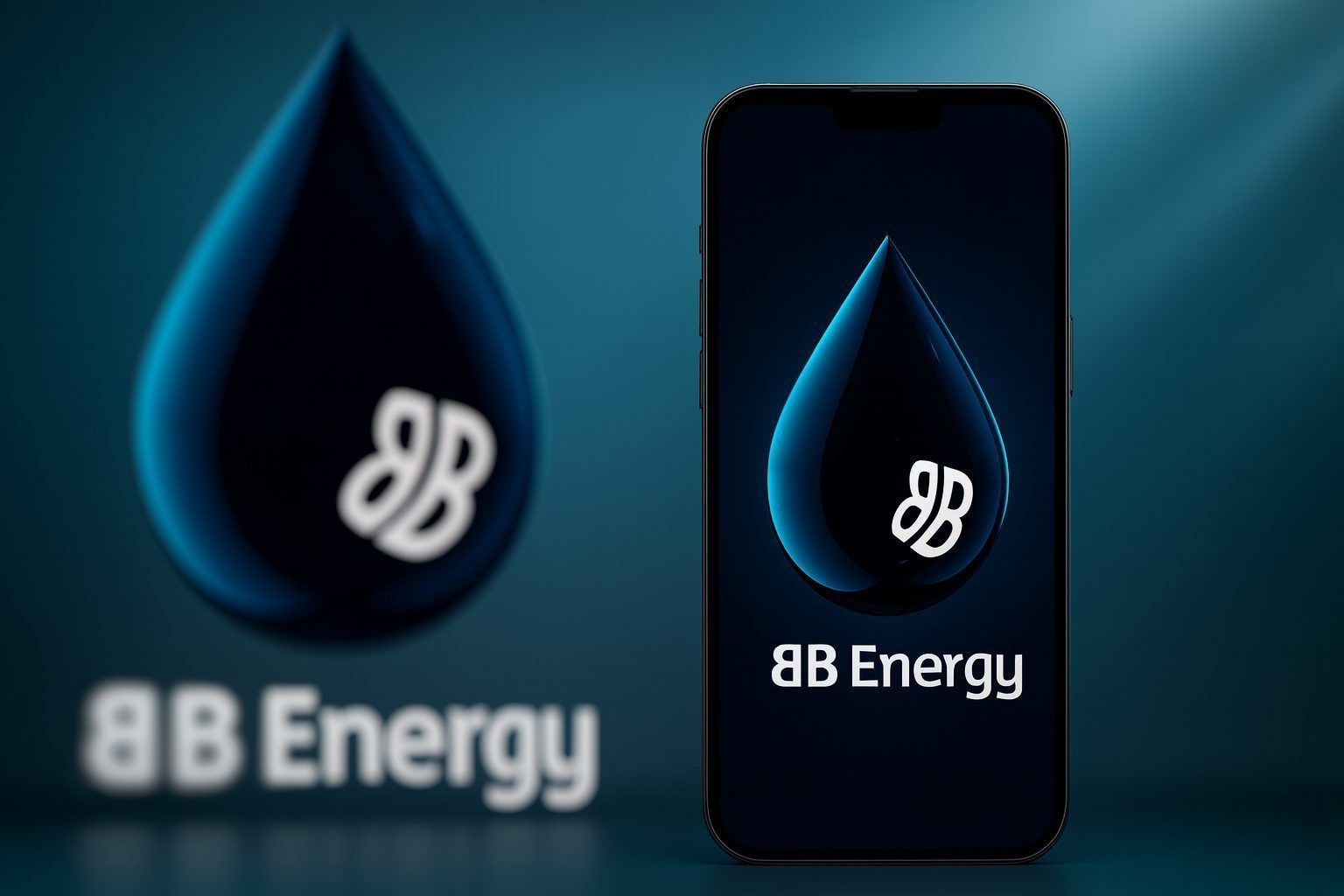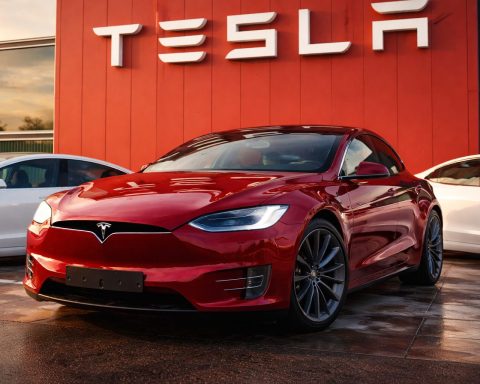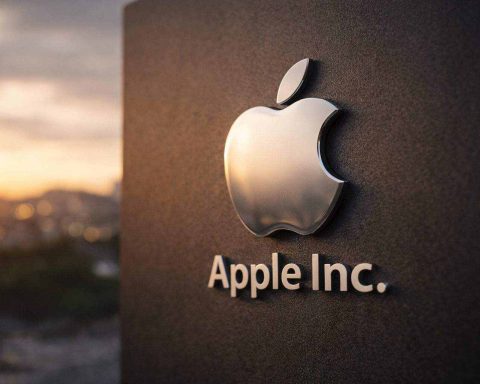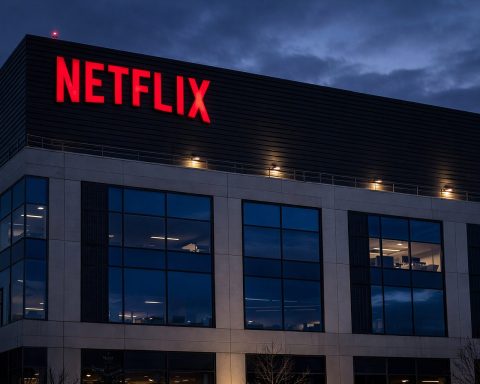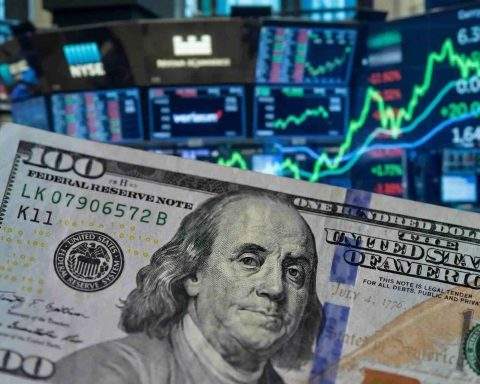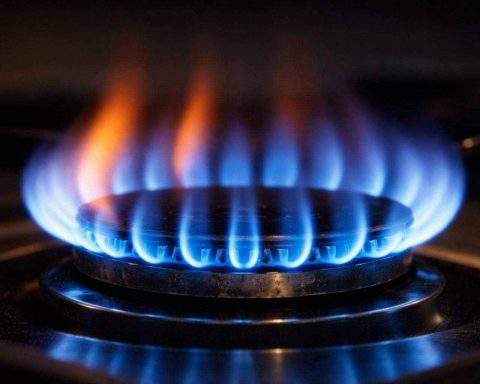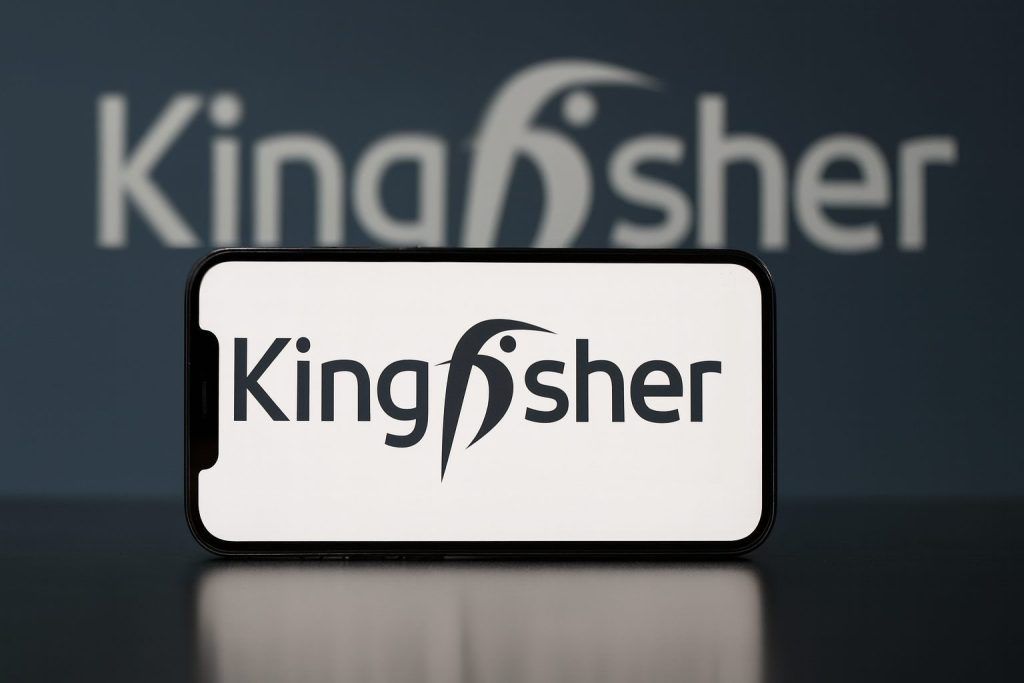On 26 November 2025, rating moves in Brazil and a turbulent week for commodities trader BB Energy underline how credit risk, politics and the energy transition are reshaping emerging markets.
- Fitch Ratings has affirmed Globo’s long-term foreign- and local-currency credit ratings at ‘BB+’ with a Stable Outlook, citing a strong net cash position and dominant position in Brazil’s media market. TradingView+1
- Commodities trader BB Energy is cutting more than a dozen jobs in Houston and restructuring its U.S. operations after a tough oil trading environment, while shifting focus toward power, gas and renewable energy. Reuters+1
- A London High Court injunction obtained by BB Energy has blocked the sale of a 600,000‑barrel South Sudanese crude cargo, as the trader seeks repayment of a US$100 million oil‑backed loan. independent.co.ug+1
Fitch keeps Globo at ‘BB+’ – stable, cash‑rich and fighting fragmentation
Fitch Ratings on 25 November 2025 affirmed Globo Comunicação e Participações S.A.’s long‑term foreign‑currency Issuer Default Rating and its U.S. dollar notes at ‘BB+’ with a Stable Outlook, alongside the company’s local‑currency rating at the same level and a Brazilian national‑scale rating of ‘AAA(bra)’. TradingView+1
The agency’s latest review, published and widely picked up in markets on 26 November, highlights several pillars of Globo’s credit profile:
- Net cash balance sheet: Fitch estimates that as of the second quarter of 2025 Globo held roughly BRL 12 billion in cash and equivalents against about BRL 5.5 billion of total debt, leaving the group in a net cash position and giving it considerable financial flexibility. TradingView
- Market dominance at home: Globo remains Brazil’s leading media company, with a broadcast network of five owned stations and more than 100 affiliates and an audience share around one‑third of national TV viewing, supported by its streaming platform Globoplay. TradingView+2Wikipedia+2
- Sector headwinds: Fitch stresses that Globo’s profitability is below that of large global investment‑grade media peers and exposed to structural challenges – notably audience and ad spending migrating from free‑to‑air and pay‑TV towards on‑demand streaming and digital platforms. Pay‑TV subscribers in Brazil have shrunk from about 19.5 million in 2014 to under 8 million in 2025. TradingView+1
A key positive is Globo’s diversification into out‑of‑home (OOH) advertising via its acquisition of Eletromidia, now Brazil’s largest OOH media operator. Fitch notes that OOH already contributes more than 20% of Globo’s EBITDA and benefits from the shift to digital billboards and data‑driven campaigns, partially offsetting pressure on traditional TV advertising. TradingView+1
Looking ahead, Fitch projects:
- Revenue in the BRL 18–19 billion range for 2025–2026
- High single‑digit EBITDA margins over the same period
- Capex of roughly BRL 400–450 million per year, and no material increase in leverage
All of that underpins the Stable Outlook – but the rating remains capped by Brazil’s own sovereign ceiling and could be vulnerable if the country’s foreign‑currency rating were cut, or if Globo’s liquidity advantage eroded. TradingView+1
For equity and bond investors, the decision effectively confirms Globo as a relatively defensive high‑yield credit in Latin America: the company is still battling structural media disruption, but doing so with a balance sheet that many peers would envy.
BB Energy trims Houston headcount as it rewires its business model
While Globo’s story is about continuity, BB Energy’s week is all about disruption and transition.
Reuters reported that the privately owned commodities trader has laid off more than a dozen staff in its Houston office and parted ways with several oil traders, as part of what the firm calls a “comprehensive reorganisation” designed to sharpen its focus on the most profitable parts of its business and strengthen its position in the U.S. market. Reuters
Among those departing are:
- Crude traders Alexander George and Dylan Laurin – George is joining U.S. refiner Phillips 66, while Laurin is reported to be heading to another oil trading house.
- Renewable fuels and carbon markets trader Trevor Plath, and distillates traders Brendan Donahue and Nelson Rios Requena. Reuters
According to sources cited in the same report, Bloomberg previously estimated that roughly half of BB Energy’s Houston trading team has left amid a challenging oil market, where lower volatility has squeezed margins for many physical traders. Reuters+1
The company, which posted around US$23 billion in turnover in its 2024 financial year and trades some 33 million tonnes of crude and refined products annually, says it is reallocating administrative functions from the U.S. to Europe to streamline operations. Reuters+2BB Energy+2
A high‑stakes court clash over South Sudan’s oil
Alongside internal restructuring, BB Energy is also embroiled in a high‑profile dispute with South Sudan over an oil‑backed loan.
An article in The Independent (Uganda), drawing on detailed reporting from trade‑finance outlet Global Trade Review, reveals that BB Energy DMCC has secured an emergency injunction from the High Court in London preventing South Sudan from selling a 600,000‑barrel crude cargo due to load from Port Sudan on 27 November. independent.co.ug+1
Key elements of the case:
- In February 2025, BB Energy advanced US$100 million to South Sudan under a pre‑payment deal, with repayment to be made in five crude cargoes over the course of the year.
- The funds were reportedly used to settle a long‑running dispute with Malaysia’s Petronas over its exit from two local oil ventures. independent.co.ug+1
- According to BB Energy’s evidence, no cargoes have been delivered and no cash has been repaid; instead, South Sudan is alleged to have sold the oil to other buyers, even demanding fresh upfront payments from BB Energy just days before scheduled liftings. independent.co.ug+1
- High Court judge Christopher Butcher said he was persuaded to grant the injunction partly because there were “good grounds” to think that neither South Sudan nor state oil company Nilepet would be able to pay damages equal to the value of the disputed cargo, estimated at more than US$20 million. independent.co.ug
The ruling blocks the consignment’s transfer to prospective buyers in Dubai and Singapore while the court reviews the merits of BB Energy’s case. South Sudan’s government and Nilepet did not appear in court and have not publicly commented on the claims. independent.co.ug+1
Behind the courtroom drama lies a much bigger sovereign‑risk story. UN and trade‑finance research cited in the same reporting puts South Sudan’s outstanding oil‑backed debt at nearly US$2.3 billion, with lenders ranging from African and Qatari banks to other trading houses such as Vitol. independent.co.ug+1
For commodity traders and investors, the message is clear: resource‑backed loans can offer high returns but increasingly carry legal and reputational risks, especially when governance indicators – South Sudan ranks at the very bottom of global corruption indices – are poor.
From crude barrels to clean electrons: BB Energy’s pivot to the energy transition
The layoffs and legal dispute are unfolding against a broader strategic pivot at BB Energy.
Over the past year, the company has:
- Launched dedicated power and gas trading desks in key hubs such as London, Geneva and Houston, positioning itself for growth in lower‑carbon and transition fuels. BB Energy+1
- Deployed Orchestrade’s energy trading and risk management (ETRM) platform to support these new desks, targeting real‑time risk visibility and the ability to handle complex cross‑border power and gas derivatives. Orchestrade+1
- Commissioned Mailo Phase 1, a 25 MWp merchant solar plant in Zambia that is now trading electricity through the Southern African Power Pool – the group’s first ever solar asset and first active power‑trading venture. Mailo is designed to be expanded to 118 MWp by 2027 as part of a wider plan for around 500 MWp of merchant solar projects across Southern Africa. BB Energy+1
- Secured a US$40 million loan from Standard Bank to finance the expansion of Mailo and support a broader energy‑transition portfolio – a facility that complements a US$375 million syndicated revolving credit line closed earlier this year. BB Energy+2GT Review+2
In October, BB Energy also unveiled Everpath, a new environmental‑projects subsidiary that consolidates the group’s investments in carbon and environmental credits. Everpath focuses on areas such as community‑level clean energy, nature‑based climate solutions and circular‑economy projects, building on existing programmes like improved cookstove distribution in Rwanda. BB Energy+1
Taken together, these moves amount to a re‑wiring of BB Energy’s business model: a leaner oil‑trading footprint, more capital and technology deployed into renewables, and a growing presence in environmental markets – all while the company continues to originate complex oil‑backed deals in politically fragile states.
What today’s developments signal for markets
For credit and equity investors, 26 November 2025 delivers a set of intertwined messages:
- Brazil’s media champion remains a solid but not risk‑free credit. Fitch’s affirmation shows confidence in Globo’s conservative balance sheet and strong domestic franchise, but not enough to move the company into investment‑grade. Execution on its streaming and OOH strategies – and Brazil’s own macro trajectory – will remain key rating drivers. TradingView+1
- Commodity traders are under pressure to adapt or shrink. BB Energy’s Houston cuts highlight how thinner oil‑trading margins are pushing even established houses to right‑size legacy desks and re‑allocate capital and headcount to transition‑linked businesses such as power, gas and renewables. Reuters+2FinancialContent+2
- Legal and sovereign risk around oil‑backed lending is rising. The South Sudan injunction adds to a growing list of court cases where traders and lenders have turned to the English courts to enforce pre‑payment deals – a reminder that high‑yield returns in frontier markets can come with lengthy legal battles and uncertain recoveries. independent.co.ug+2Reuters+2
In short, today’s headlines encapsulate the new reality for emerging‑market corporates and commodity traders: access to capital increasingly depends on balance‑sheet strength, transparent governance and credible transition plans – whether you are a Brazilian media conglomerate seeking to keep your ‘BB+’ badge, or a global trading house trying to evolve from crude barrels to clean electrons without getting tripped up by political risk.
